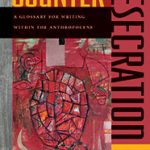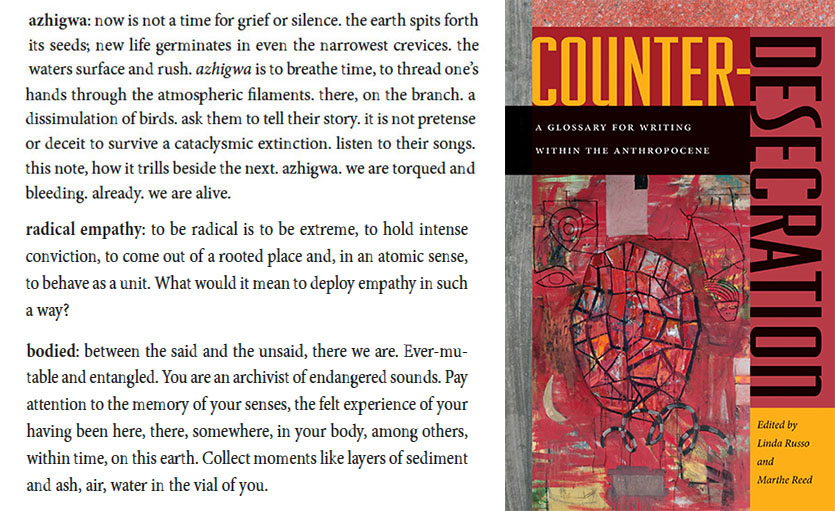
Poetry of grief and sustenance from an award-winning poet
“Just dazzling: how the world, the mind, and emotion are bound into that affecting, meditative, and poignant system of phrases. When I read lines as sharp as these are lexically, semantically, syntactically, and rhythmically, I fall in love with American poetry again.”
—Forrest Gander, New York Journal of Books
Building on her groundbreaking quartet of books about the earth’s elements, Brenda Hillman’s Extra Hidden Life, among the Days features new poems that are both plain and transcendent. This is poetry as a discipline of love and service to the world, whose lines shepherd us through grief and into an ethics of active resistance. A free reader’s companion is available online.
Brenda Hillman is an activist, writer, editor, and teacher. Hillman serves on the faculty of Saint Mary’s College in Moraga, California.
April 2, 2019
152 pp., 9 x 6″
Paperback, $14.95 9780819578945
Cloth, $24.95 9780819578051











